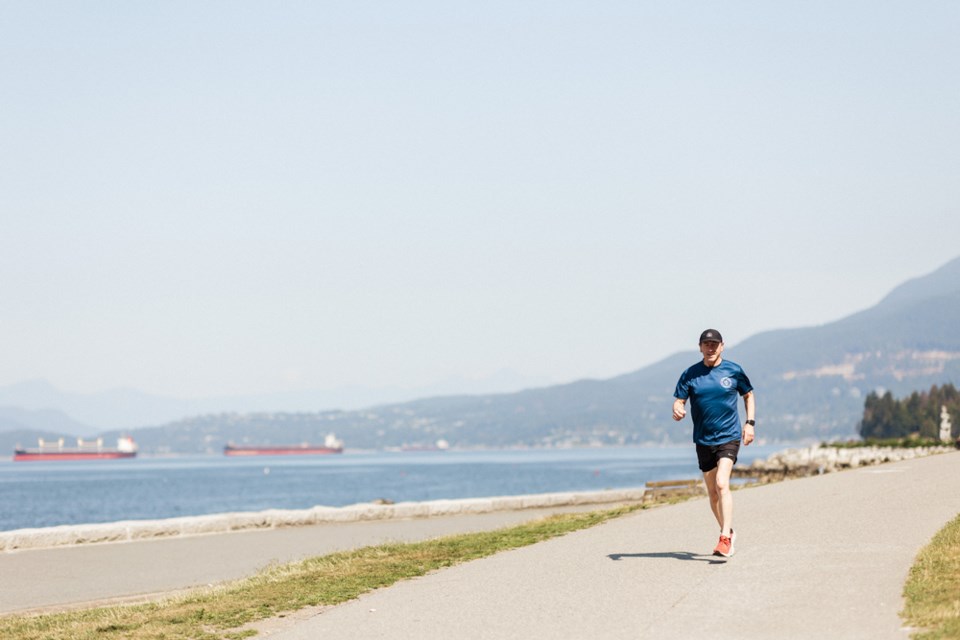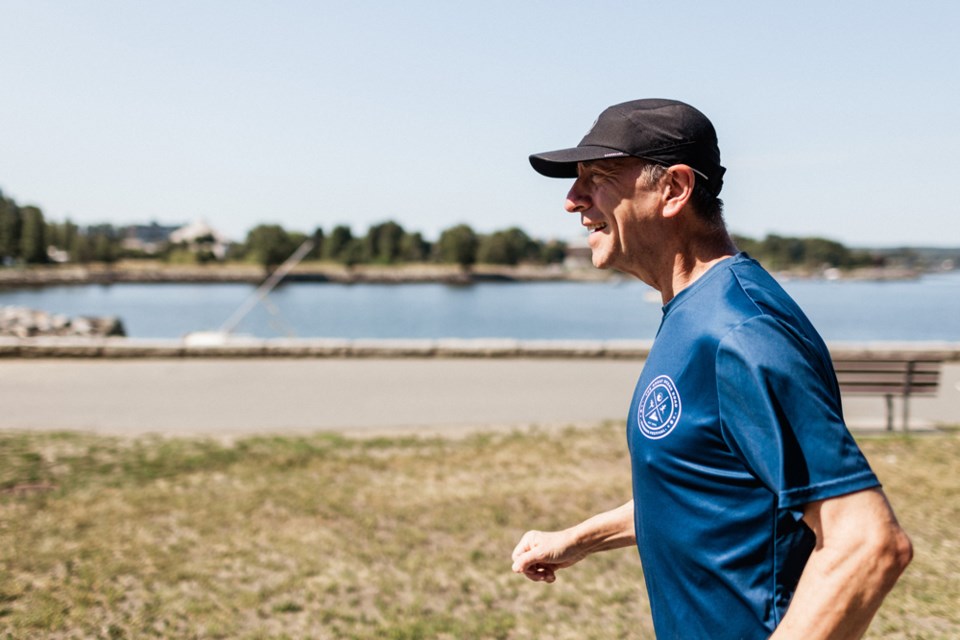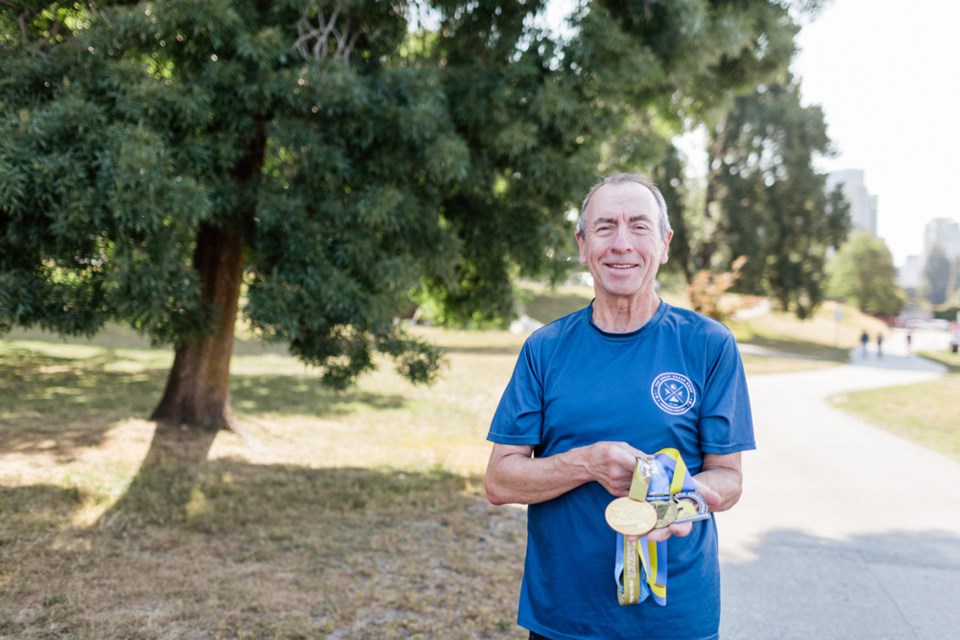At 62, Peter Orr worked 10 hours a day at a challenging job. He didn’t get a lot of exercise, but he figured he never smoked and didn’t drink very much, so despite his sedentary lifestyle, he believed he was healthy.
Then in the fall of 2016, Orr returned from vacation feeling tired and out of breath. His GP listened to his heart and on that particular day, something happened that would change his life forever. The doctor said, “‘You have an irregular heartbeat. You should go emergency right away.’”
Unsure of what to make of it, Orr went to a local hospital. He was given a beta blocker—a class of medicine commonly used to treat a wide range of problems in the heart—and sent home.
A few days later, he started to feel very, very sick.
On Friday evening that week, he barely made it to VGH. But on this night, he came into the care of Dr. Christopher Fordyce, a cardiologist at VGH.
Adjusting the heart

“Peter came in with congestive heart failure due to atrial fibrillation,” says Fordyce. “He had rapid, uncontrolled heart rates. His heart function at that time was less than 50 per cent of normal. He was struggling to walk, couldn’t do any of his usual activities.”
Fordyce became Orr’s cardiologist, and referred him to the heart function clinic at VGH, as well as the electrophysiology team and the atrial fibrillation clinic under the care of Dr. Matthew Bennett and Dr. Jason Andrade, two world leaders in their fields.
“Peter’s heart was only pumping out 20 per cent of its blood per beat. The average heart does 60 to 70 per cent,” says Fordyce. “He needed the expert care available in these places if he was to recover.”
At a check-up in January 2017, Fordyce gave Orr the OK to begin to exercise. Orr made his first steps into what would become a journey across the globe.
Worldwide runner

“At this point, I started walking around the block. And then I walked down to the store. And then I started to walk to the store and back,” says Orr. “I started a routine of walking farther and farther every day. Then a group of people in my office formed a company team to run the Â鶹´«Ã½Ó³»Sun Run.”
This became his new objective. He started training at a local community centre, running on a treadmill. In the spring of 2017, he completed the Sun Run in just under an hour.
“I thought well, if I can run 10K, I can do a half-marathon,” he says.
So he trained for and ran a half-marathon in June.
Then he learned of a full marathon in Honolulu that December.
He ran that one, too.
His wife, Carol, gave him a book called 50 Runs to Do Before You Die. He hasn’t looked back since.
At 69 years old, Orr has gone from a sedentary lifestyle with heart problems to running marathons around the globe. He regularly runs 50 km a week and swims on a master’s swim team. And in the six years since he started training, he has finished 13 global marathons, including races in Paris, Istanbul, Melbourne, and the highly competitive Boston Marathon.
“I give full credit to the VGH team for making this possible. The treatment I received there got me to the point where I was able to start running. And their ongoing monitoring gave me the confidence to push myself,” he says.
Throughout his training Orr continued to suffer intermittent atrial fibrillation, which increases the risk of stroke. In February 2022, he underwent ablation surgery to finally correct this condition. Since then, he’s returned to running marathons, and has plans for many more in the future.
Together, VGH & UBC Hospital Foundation is saving the lives of British Columbians just like Orr. Join them, and make a gift today at .



